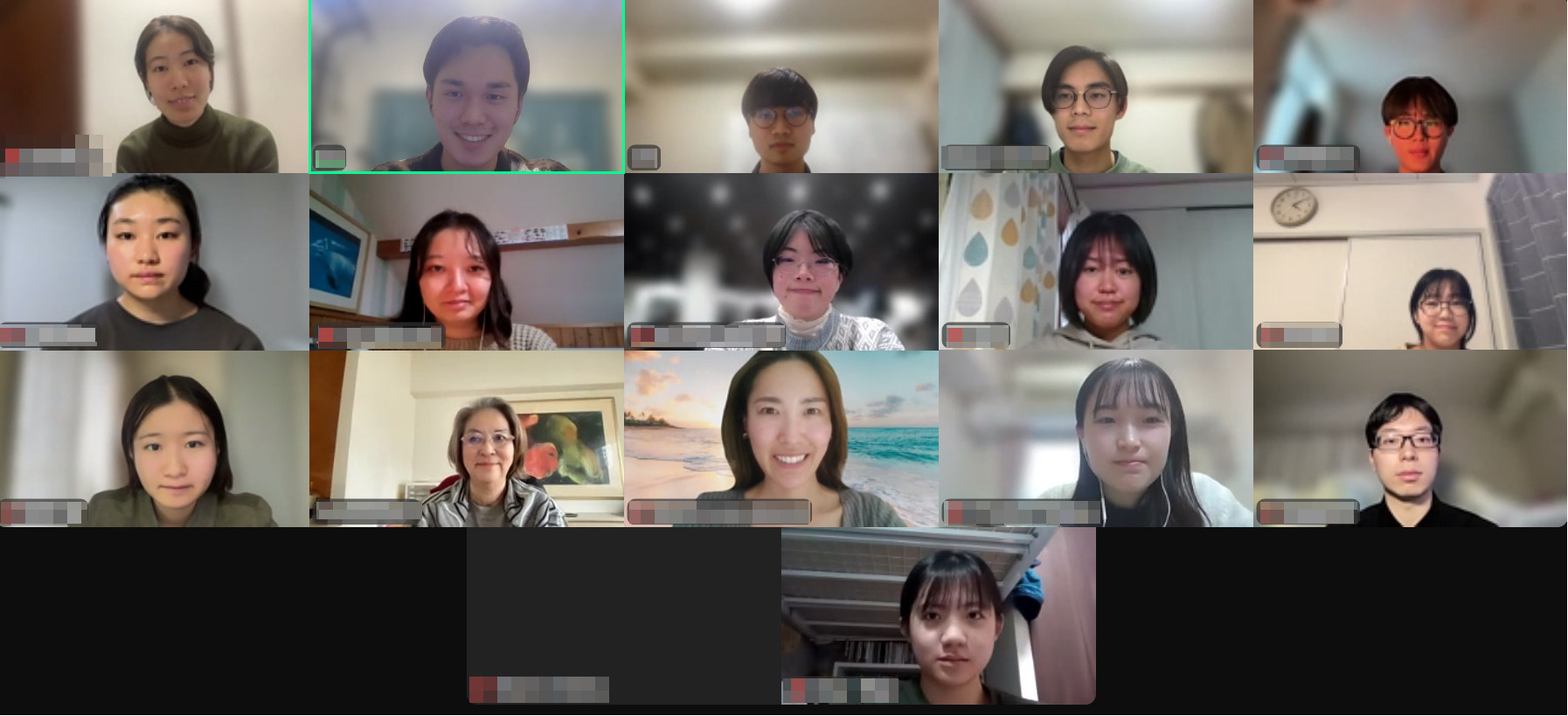- HOME
- Activities
- Forum List
- Forum Details
January.12th.2025 KIP Forum "SNS and Youth: The Merits and Demerits of SNS from the 2024 Elections "

【Background】
In 2024, issues surrounding the relationship between elections and social media were frequently discussed both domestically and internationally. This included the Hyogo gubernatorial election where the specific candidate's accounts were banned due to fake reports by some users during the election period, the House of Representatives election where the National Democratic Party made significant strides through social media publicity, and the U.S. presidential election where Trump was re-elected. Given the significant presence of social media in each election, should the statements of election candidates and voters be regulated by law?
【Group discussion and Ground discussion】
In the beginning, the committee considered some key issues such as "false information", "misinformation", and the current state of the regulation on SNS in Japan. Before starting the discussion, members were divided into pro and con groups based on their opinions, and each side presented some reasons supporting their views. After that, each group split into breakout rooms to further discuss their viewpoints before returning to the grand discussion and sharing what they had learned. In the pro-regulation breakout room, while identifying the biggest problems as the monetization of social media and considering legal measures on them, the discussion expanded into various aspects such as the differences in regulations between candidates and voters, and who to judge false and misinformation. We reached a conclusion that regulations similar to those on television and newspapers are also needed on social media, and although partial regulations already exist, "they are not functioning well now." During the grand discussion, more complex ideas were heard in support of each position's claims. For the opposing opinions, various points included ensuring a resilient discussion space where mistakes can be corrected, prioritizing user literacy education, the responsibility of mass media to conduct interviews that cannot be done on social media, and the feasibility of monitoring platform operators. Finally, the group discussed the necessity of considering examples from overseas and thinking about countermeasures tailored to the situation in Japan.
【Personal Opinion】 Regarding the popular use of social media surrounding recent elections, I took the pro-regulation stance. While I initially felt that disinformation was the major issue, I came to realize that legal regulation could damage the freedom of speech and the platforms for small parties to express their concerns. If we value equal opportunities for expression, regulation may not be an effective answer. However, if social media continues to be a place where only the loudest voices hold power, it cannot be considered a healthy space for discourse. While most of the participants were university students, some high school members shared their opinions about the current state of media literacy education in schools. We also heard from alumni about the responsibility of supervising social media in the work setting and their doubts about monetization practices. Additionally, it was very informative to learn about real-life examples of elections and social media use from people with overseas experience. Hearing diverse voices from the people gathered at KIP led to discussions that I found quite significant.
Minami Higuchi, Waseda University, Faculty of Education, 4th year


